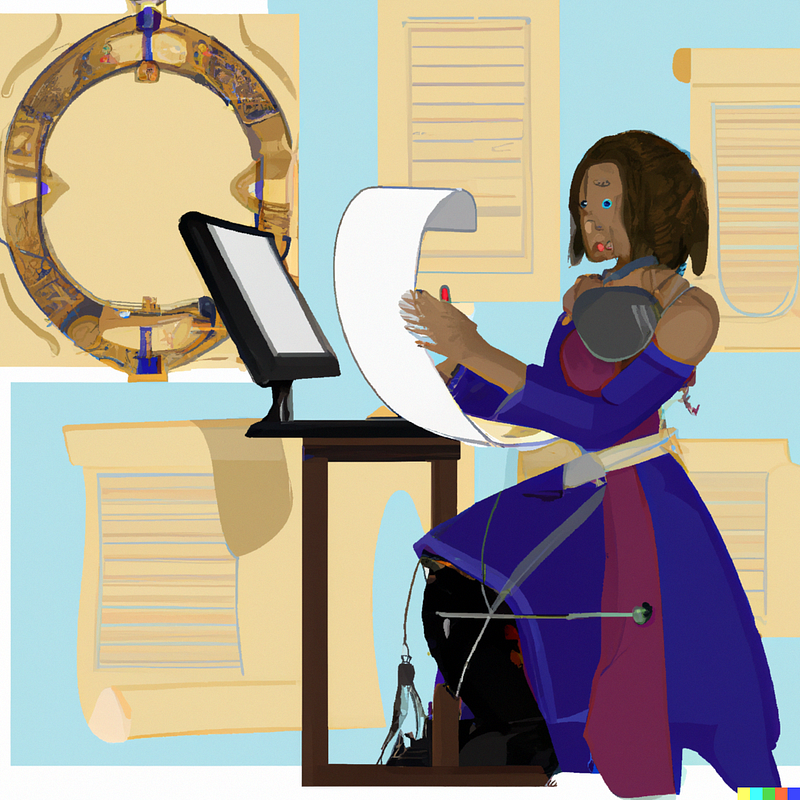Exploring the Intersection of Technical Writing and Literature
Written on
Chapter 1: The Allure of Technical Writing
Recently, I had a conversation with a colleague regarding some literature I've been engaging with during my leisure time. Over the last few days, I've immersed myself in the documentation for a technology I utilize regularly. After exchanging playful jibes about our nerdy interests, I admitted to finding the reading captivating. It begs the question: what makes an instruction manual so intriguing? Generally, manuals that promise comprehensive guidance on a new gadget tend to be dull. During my university days, I often found myself sifting through various materials on topics I loved, yet much of it felt unnecessarily tedious and overly verbose.
However, the online manual I'm currently exploring draws me into its abstract and conceptual storyline, almost like an engaging mystery novel. As I reflect on this captivating resource, I've pinpointed a few reasons for its effectiveness.
Firstly, the intended audience is genuinely interested in the topic. How often do we find ourselves reading a book only to realize we're not invested in the narrative? It's safe to say that few would approach my tech manual unless they had a keen interest in the subject matter. Secondly, while the ideas presented are intricate and complex, the writing style remains accessible. I appreciate elaborate prose, but not when I'm trying to grasp something inherently complex. Lastly, the organization is coherent, commencing with broad concepts and progressively narrowing down in an inviting and engaging manner, encouraging readers to delve deeper at their own pace.
This leads me to ponder how these principles could enhance creative writing. For years, I have believed that authors of technical documents should incorporate techniques often found in fiction to increase the appeal of their work. Too many specialists have fixated on meticulously detailing every aspect of a product, neglecting to consider the needs of those who will consult the documentation. Some software guides are so poorly crafted that one wonders if anyone anticipated them being read.
Interestingly, the roles have shifted: many fiction writers today could benefit from learning from their technical and scientific peers. The real question is whether we possess the humility to acknowledge this possibility.

Section 1.1: The Importance of Audience Engagement
When it comes to writing, understanding your audience is paramount. A writer's ability to connect with their reader can significantly enhance the material's appeal.
Subsection 1.1.1: Techniques for Clarity in Writing
Crafting clear and concise content is essential. Employing straightforward language while explaining complex ideas ensures that readers remain engaged and informed.
Section 1.2: Bridging Two Worlds
The crossover of techniques between technical writing and creative literature is not just beneficial but necessary for engaging a broader audience.
Chapter 2: Learning from Technical Writing
In this chapter, we will explore how elements from technical writing can enrich the craft of fiction writing.
The first video titled "5 Benefits of Technical Writing | My Experience" dives into the advantages of mastering technical writing, including how it can enhance clarity and engagement in various forms of writing.
The second video, "How to Become a Great Technical Writer," offers insights into the skills and strategies necessary for effective technical writing, which can also be applied to creative endeavors.